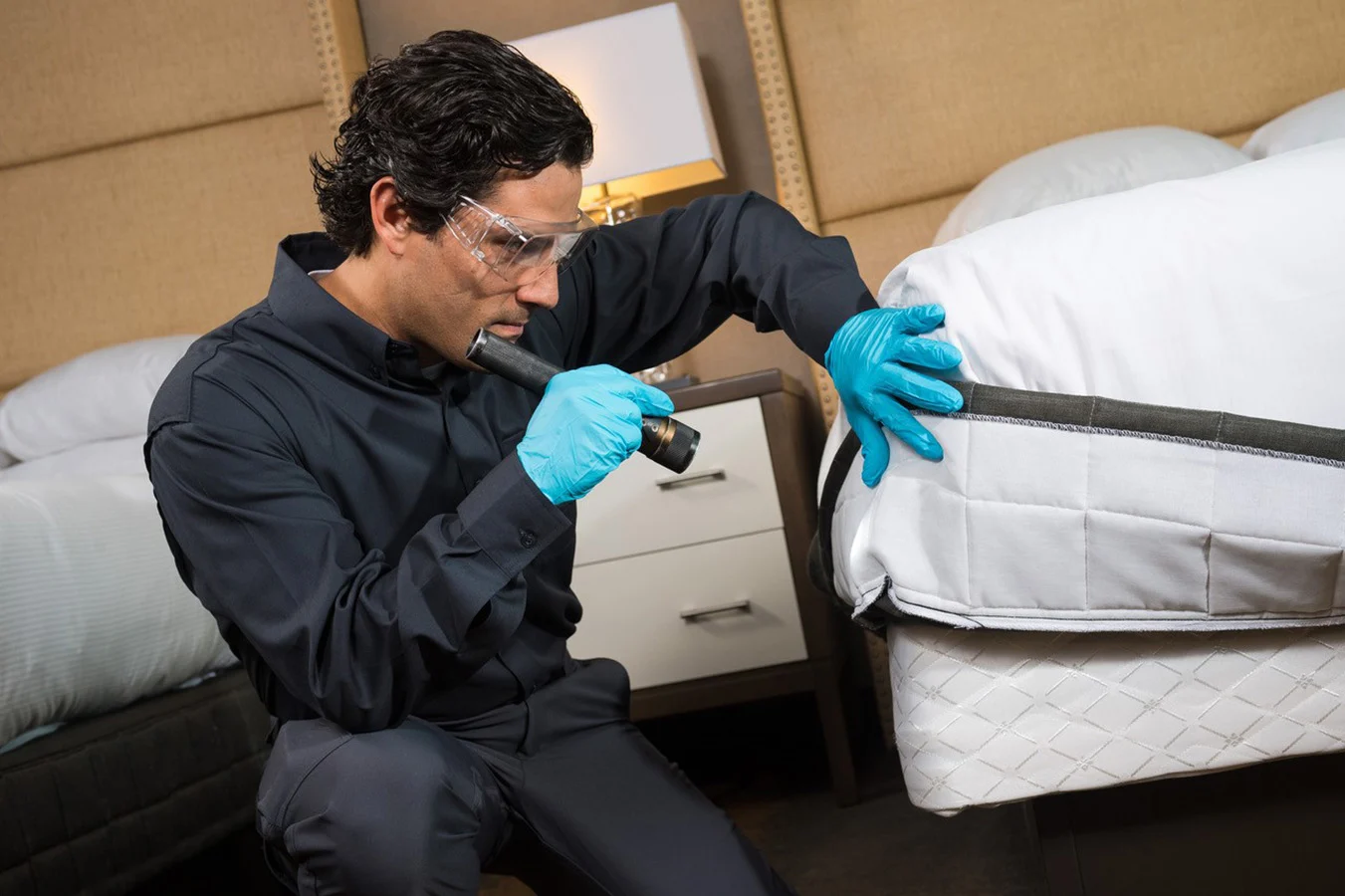In the world of hospitality, the saying 'the customer is always right' rings truer than ever. As hotels strive to provide the finest luxury and comfort, they face an ongoing battle against unseen adversaries: pests. This brings us to an essential inquiry: why does guest safety drive hotel pest control policies? The answer is straightforward: hotels must cultivate a reputation for cleanliness and safety to guarantee an uninterrupted, enjoyable experience for their guests.
Guest safety forms the foundation of any esteemed hotel. No one wants to encounter pests during their stay, as it jeopardizes both their health and comfort. Thus, grasping why guest safety drives hotel pest monitoring policies is vital for both hotel management and patrons. This article explores the relevance of effective pest control in hotels and its direct influence on guest safety.

The Consequences of Pests on Guest Safety
The presence of pests in hotels can lead to a myriad of issues, from health concerns to serious reputational harm. Bed bugs, rodents, and cockroaches are more than just irritants; they pose real health threats. These pests can harbor diseases, exacerbate allergies, and cause physical discomfort for guests. Therefore, guest safety is at risk, which can tarnish the hotel's image.
Moreover, pest infestations can result in negative feedback and a decrease in bookings. In todays digital landscape, a single unfavorable review can spread rapidly, dissuading potential guests. As a result, hotels must establish comprehensive pest monitoring policies to ensure guest protection and sustain their reputation. For further details, explore the USX Pest Control webpage on pest management in hospitality.
Proactive Strategies for Pest Monitoring
To truly understand why guest safety drives hotel pest monitoring policies, we must examine the proactive strategies that hotels put in place. Regular inspections and maintenance routines are critical to these policies. By conducting consistent checks, hotels can detect potential pest issues before they escalate, ensuring the safety of their guests.
Many hotels are investing in cutting-edge pest control technologies that facilitate real-time monitoring and quick responses to infestations. Such advancements not only improve guest safety but also guarantee adherence to health and safety regulations. To learn more about the benefits and drawbacks of pest control technology, check out this Hotel Management article.
The Importance of Staff Training in Pest Management
Training staff is crucial for effective pest management. Educating hotel personnel about the signs of pest infestations and proper sanitation practices can help prevent issues from arising. Well-trained employees are more capable of addressing pest-related concerns swiftly, ensuring minimal disruption to guest protection.
Additionally, hotel management often partners with pest control specialists to stay informed about the latest pest management techniques and technologies. This collaboration is essential for creating a pest-free environment and providing a refuge for guests.
The Legal and Ethical Aspects of Pest Control
The legal and ethical considerations surrounding pest control are significant. Hotels are legally required to provide a safe and healthy environment for their clientele. Neglecting this responsibility can result in lawsuits and significant fines. Therefore, understanding why guest safety drives hotel pest monitoring policies encompasses not only the protection of guests but also compliance with legal requirements.
From an ethical standpoint, hotels must prioritize the well-being of their guests above all else. By implementing rigorous pest control measures, hotels convey their commitment to ensuring a safe and pleasant experience for every visitor.
Conclusion: The Essential Connection Between Guest Safety and Pest Policies
In summary, the question of why guest safety drives hotel pest monitoring policies encompasses several important dimensions. Pests pose grave threats to both the health and reputation of hotels. Thus, upholding stringent pest monitoring policies is vital for ensuring guest protection and preserving a hotels standing in the marketplace.
By investing in modern technology, conducting thorough inspections, and providing staff training, hotels can effectively reduce pest-related risks. Ultimately, a commitment to guest safety demonstrates a hotels dedication to delivering outstanding hospitality, ensuring guests can enjoy their stay without unexpected interruptions. For more in-depth information, delve into the comprehensive Study.com resource on pest management in hotels.

Frequently Asked Questions
Why is pest control vital in hotels?
Pest control in hotels is essential to ensure guest safety, avert health problems, and uphold the hotel's reputation. Pests can transmit diseases and cause discomfort, which results in negative reviews and dwindling bookings.
How do hotels carry out pest monitoring policies?
Hotels implement pest monitoring strategies through routine inspections, staff training, and investments in advanced pest control technologies. These actions help in promptly identifying and addressing pest-related issues.
What legal responsibilities do hotels have concerning pest control?
Hotels are obligated by law to ensure a safe and healthy atmosphere for their guests. Negligence in pest control can lead to legal repercussions, including lawsuits and penalties.
